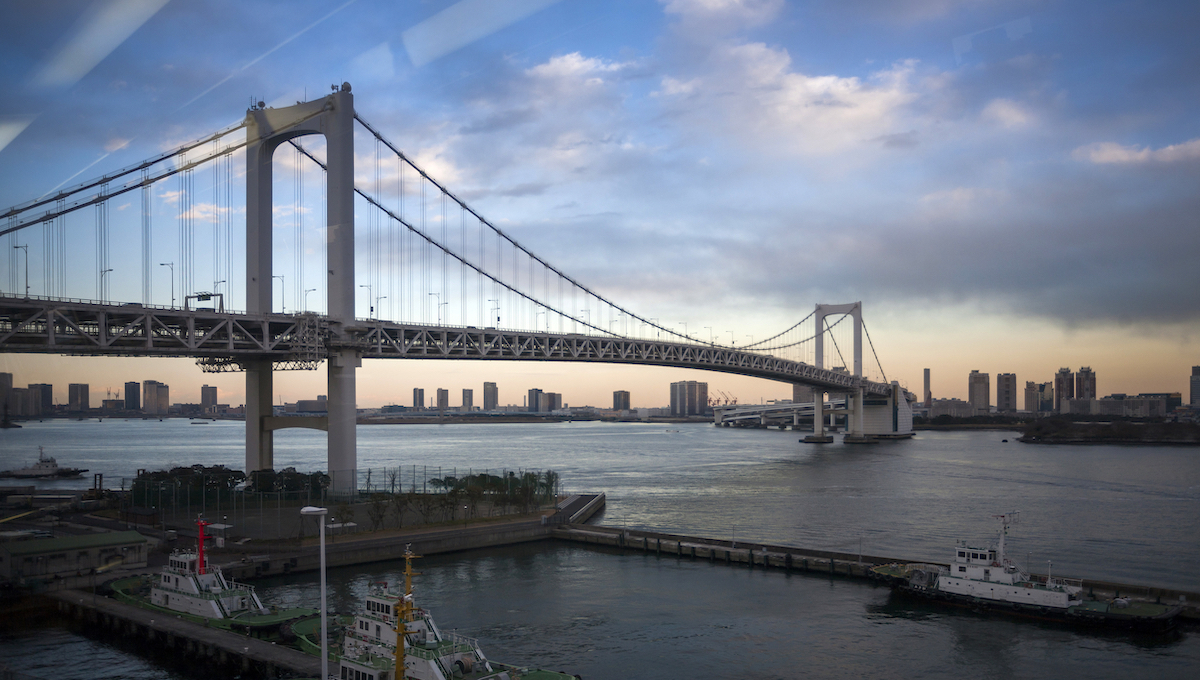The U.S. Food and Drug Administration (FDA) has unresolved issues with the Tsukiji Motohiko Co. Ltd. located in the Kato area of Tokyo, according to a recently released May 7 warning letter sent by FDA to the Japanese seafood processing company.
FDA inspected the facility last Feb. 21 and 22. “During that inspection,” the warning letter says, “we found that you had serious violations of the seafood Hazard Analysis and Critical Control Point (HACCP) regulation…”
“At the conclusion of the inspection, the FDA investigator issued an FDA-Inspectional Observations, listing the observations made at your firm,” continues the warning letter. “We acknowledge receipt of your responses sent via email on March 7, 2019, and April 1, 2019. However, our evolution of your response revealed it was not adequate, as described in this letter.”
FDA told Tsukiji Motohiko that as a processor of fish or fishery products it must produce and follow a HACCP plan. Without a HACCP, the company’s vacuum packaged herring, salmon seaweed and threaded herring products are adulterated. This is because FDA says they’ve been prepared, packed or held under insanitary conditions and may be injurious to health.
“You must conduct or have conducted for you a hazard analysis for each kind of fish and fishery product that you produce to determine where there are food safety hazards that are reasonably likely to occur and you must have and implement a written HACCP plan to control any food safety that is reasonably likely to occur, to comply with 21 CFR 123.6(a) and (b),” FDA explains. “However, your firm does not have a HACCP plan for frozen, vacuum packaged salmon wrapped seaweed; frozen, vacuum packaged herring wrapped seaweed, and frozen, vacuum packaged threaded herring, to control the food safety hazards of undeclared allergens and Clostridium botulinum growth and toxin formation.”
FDA wants the HACCP plan should include handling instructions to control Clostridium botulinum growth and toxin formation, such as with labels with a statement to: “Keep Frozen, Thaw under refrigeration immediately before use.’” The HACCP plan should also ensure that allergens, such as soy are accurately identified on the product labels when applied to the fishery products.
FDA also told Tsukiji Motohiko that as a foreign facility, the agency will assess and collect fees for re-inspection-related costs from the U.S. Agent for the foreign facility. The inspection noted in this letter identified noncompliance materially related to food safety requirements.
FDA also advised Tsukiji Motohiko to share a copy of the warning letter with its U.S. agent.
The Japanese company had 15 days to provide further information, which should have occurred last May. There is no sign, however, that the issues raised by FDA have been “closed out” with the seafood processor or if there has been any additional inspection activity.
The FDA said the warning letter might not “list all the deviations” at the Kato area seafood processing facility.
(To sign up for a free subscription to Food Safety News, click here.)

